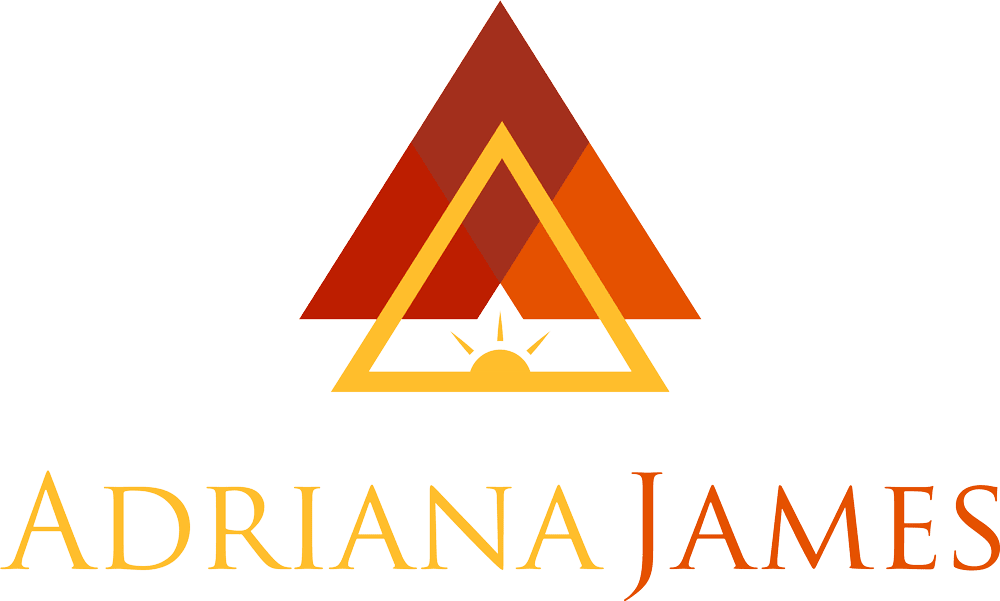When was the last time you talked to somebody and no matter how hard you tried they didn’t seem to really “get” it? You chose your words carefully and yet, Oh, by the way, are you aware that from NLP we know that words are responsible only for 7 percent of our communication? NLP as in Neuro LINGUSTIC Programming is very much about language, words and communication and yet only seven percent of our communication is words. What’s the rest?
Here is an interesting fact happening with the way we communicate amongst ourselves and in our societies. – The use of language is not random, the order of words in a sentence is not random, because they can change and impact the way you think and of course the way you communicate to others.
Most people just use words to describe an experience to the best of their abilities unaware of the fact that words are also used on them to produce effects in their minds, effects they are unaware of.
When I say to you “The dog bit John” you have made in your head what we call in NLP and Internal Representation of that sentence. You might have made a picture of a dog biting John, maybe you also have imagined the sounds of the dog barking, or maybe John voice being upset. Maybe you had a bad feeling because you imagined John feeling the pain of the bite. Maybe you even imagined the smell of the dog ,or even taste,but better not to get into that one!
Maybe you imagined one of those possibilities. Maybe you imagined some of those or all of those. Somehow inside your head you have created an Internal Representation of that sentence. (The words Internal Representation represent a piece of jargon from NLP – sorry for it folks. NLP like any other filed is full of jargon).
So, the Internal Representation is made of the pictures you have inside your head, the sounds, feelings, tastes and smells and even your inner dialogue is part of it. Of course I am simplifying here massively, but it is sufficient for our purposes.
So, you now have an Internal Representation of the sentence “The dog bit John”. Now let’s take the same words and put them I a different order. “John bit the dog”.
Same words, different order, different result. Same words folks! Do you get it?
In the study named “Kinesics and Communication”, in the early 1970’s – Ray Birdwhistell from the University of Pennsylvania concluded that words comprise only 7 percent of our communication. (for more info see NLP A Model OF Communication and Personality) What is the rest? Physiology and tone of voice. The use of symbols to influence the Unconscious Mind is a completely different topic and we will leave that for another time.
So, according to Birdwhistell, the 7 percent is all we have to communicate person to person using words – and yet they are vitally important.
Why? Let me ask you again – how many times have you tried to talk to somebody, and did your best to explain to them as clearly as possible your thoughts or ideas only to find out at the end that their understanding of what you said is not only markedly different from yours, but in many cases bearing no resemblance with what your communication was all about? In other words: they didn’t get it!
Now Are They Stupid? Are You Stupid?
The answer is most likely no to both, and yet you could not make your point.
One of the major presuppositions of NLP and also NLPCoaching is that “The map is not the territory”. In fact, one of the exercises we do in our NLP trainings is to take the word LOVE and write down 5 different meanings of the word love. What does love mean to you? Then go to other people and ask them (without telling them your meanings) what is the meaning of the word LOVE for them? You will be surprised if not shocked to find out that most people have a completely different understanding of the word LOVE compared to yours. And love is not a rare, unused word!
So what are words? I would like to propose that words are labels for our experience.
If you go to Wikipedia the definition of a word is something like this
“In language, a word is the smallest element that may be uttered in isolation with semantic or pragmatic content (with literal or practical meaning).
“Words can be put together to build larger elements of language, such as phrases (a red rock), clauses (I threw a rock), and sentences (He threw a rock too but he missed).”
But What Are They Really?
If a Martian comes down and ask you to explain to him/her ,..what is an orange? Again going to Wikipedia we find
“The orange (specifically, the sweet orange) is the fruit of the citrus Citrus × sinensis, species Citrus × sinensis in the family Rutaceae. The fruit of the Citrus sinensis is called sweet orange to distinguish it from that of the Citrus aurantium, the bitter orange. The orange is a hybrid, possibly between pomelo (Citrus maxima) and mandarin (Citrus reticulata), cultivated since ancient times.”
OK but what is a citrus the Martian may ask you? And unperturbed you continue:
“Citrus is a common term and genus (Citrus) of flowering plants in the rue family, Rutaceae. Citrus is believed to have originated in the part of Southeast Asia bordered by Northeastern India, Myanmar (Burma) and the Yunnan province of China.[1][2][3] Citrus fruit has been cultivated in an ever-widening area since ancient times; the best-known examples are the oranges, lemons, grapefruit, and limes.”
And on and on it goes,
But Would The Martian Know What Is An Orange?
Probably not! Because s/he will have no experience of the sweet/sour taste, orange colored round fruit, or the smell of the orange peel,. All right, I agree, words are used for more than just labeling experience,.they are more than just that: they help us to create abstract concepts, mathematical, geometrical and physical concepts,.
All good so far. But here is what happened: somewhere along the way, probably in the 19th century, at some point, there was a decision made to give words a unique meaning, to unify, artificially the meaning of words so to get everybody on the same page. And ever since, the doctrine of “one word = one meaning” plagues us all. Because we’d like to propose that the Internal Representation inside people’s heads, there are as many meanings associated to words as people. And when we try to give an absolute meaning to one word, we end up in trouble, because one person gives a multitude of meanings to one single word.
And I am personally indebted to Dr. Joseph P. Farrell for pointing this bit of history to me – when and what happened with the whole one word = one meaning, and the whole change in our society as a result of that. Do you doubt that language changes society? You should only look at the recent events and how our society has changed in the last 30 years. Before that we did not have “Google this or that”, we did not have “Are you twitting?”, we did not have people walking on the street and talking by themselves – or if we did, they were taken to the loony place. We did not have avatars and a complete life in the hyper-space.
No wonder we cannot understand each other. We’ll talk what to do about this in Part 2 of this article. Stay tuned.
Until then, be well.
Sources:
Tad James Co. – https://www.nlpcoaching.com/nlp-commmunication.html
Wikipedia – http://en.wikipedia.org/wiki/Word
Wikipedia – http://en.wikipedia.org/wiki/Orange_%28fruit%29
Wikipedia – http://en.wikipedia.org/wiki/Orange_%28fruit%29












































